Without Prince Philip, Queen Elizabeth faces quieter public life alone
Buckingham Palace is preparing for a scaled-down public life for newly widowed Queen.
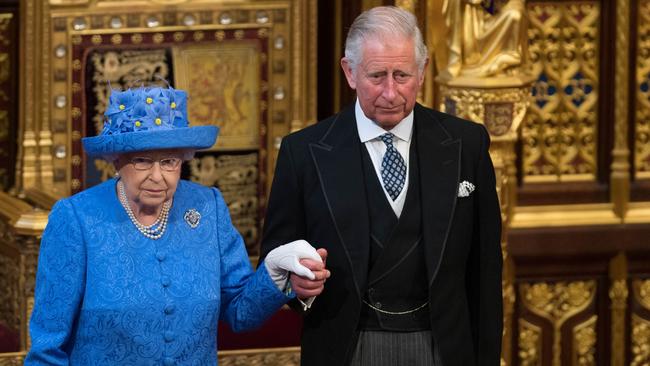
Queen Elizabeth has just a month of official Royal Mourning after the funeral to farewell her beloved Prince Philip before she legally resumes her royal duties.
But Buckingham Palace is now preparing for a much scaled-down public life for the monarch as life without her partner of more than 70 years, coupled with her advancing years, make for a time of great upheaval. The man now emerging as the backbone of the Royal family is Prince Charles.
Philip retired from public life in 2017 but his sharp wit and keen interest in public affairs was always a fillip for the Queen’s day of engagements and small talk. After he moved to the Sandringham estate in Norfolk on his retirement she missed his early morning rising and tender morning greetings to the woman he called “Bet’’ and “Cabbage’’; and their evening chats about the day’s events – in particular his pride when he showed off his gardening and art interests.
But they were reunited last March when the UK lockdown brought them both to Windsor Castle, with Philip flown there by helicopter. Over the next year they would spend more time under the same roof than they had for many years.
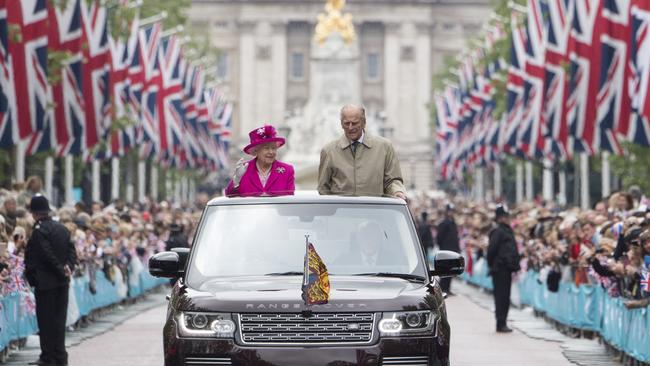
His death leaves the Queen without another direct family member who remembers the Second World War, her dealings with her legendary first prime minister Winston Churchill, the reign of her father George VI, or the trauma caused by her uncle Edward VIII’s abdication from the throne.
Celebrating her golden wedding anniversary in 1997, the Queen made a rare public acknowledgment of the importance of Prince Philip’s role as a source of royal counsel.
“All too often, I fear, Prince Philip has had to listen to me speaking,” she told an audience at London’s Westminster Hall.
“Frequently we have discussed my intended speech beforehand and, as you will imagine, his views have been expressed in a forthright manner.
“He has, quite simply, been my strength and stay all these years, and I, and his whole family, and this and many other countries, owe him a debt greater than he would ever claim, or we shall ever know.”
After the death of the Queen Mother and Princess Margaret in 2001 and now her husband’s passing, her first cousin Princess Alexandra, 82, is one of the few family members left who knew the Queen before she sat on the throne.
But while she has that personal support, a large gap will be left in Prince Philip’s role advising and protecting his wife. A role more important than ever in tumultuous political times.
Dickie Arbiter was a former press secretary to both the Queen and Prince Charles, and he said the next-in-line for the throne will take the Duke’s place as her closest confidante.
“The Prince is the most prepared and he has always been a tremendous supporter of Her Majesty. He often stands-in for her now and he is often travelling abroad representing the Queen,” Mr Arbiter told The Australian.
“She’ll of course get lots of support from the broader Royal Family too. The loss will be great. But dare I say it, no one is irreplaceable. “
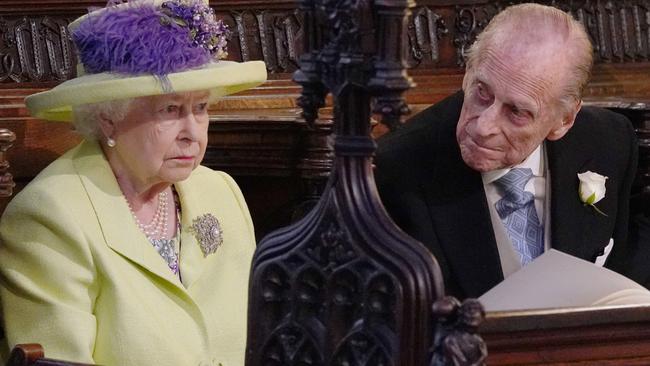
Since her 90th birthday the Queen has gradually cut back her public duties, keeping her limited travel to within the United Kingdom, passing on patronages of charities, and even handing over hosting of her keenly sought after Garden Parties to other royals.
She saw how Philip’s retirement from public life gave him a sharp burst of energy and she is being encouraged to adopt a similarly quiet life during this time of grieving, while continuing to fulfil the basic level of her constitutional duties. Philip’s words: “It’s better to get out before you reach your sell-by date’’, have remained at the back of her mind despite her firm insistence she will not abdicate.
On her 21st birthday in 1947 the Queen told the nation: “I declare before you all that my whole life, whether it be long or short, shall be devoted to your service and the service of our great imperial family to which we all belong.”
After she turned 90 the Queen undertook a full program of 341 engagements throughout the year, more than William, Kate and Harry combined. But of late, she has dramatically reduced her duties at every level and the Royal plan for a staged and careful withdrawal from public life will now accelerate.
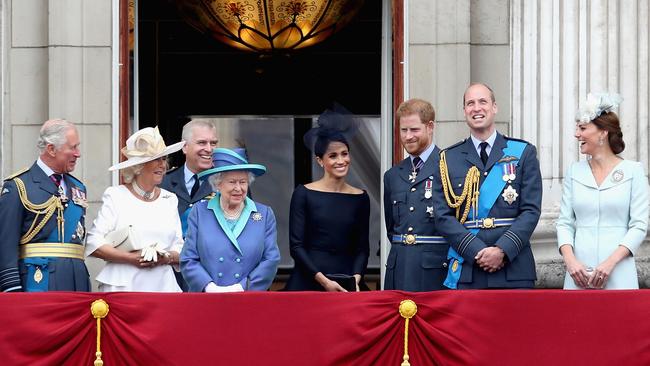
The Prince of Wales and other younger royals have already been given more and more responsibility as the Queen lessens her workload and significantly slows down her international travel.
Courtiers have been impressing upon the Queen that a transition to Charles, where he is publicly given more authority, while she is still alive — would help the continuation of the monarchy once she dies. Public support for Charles is still much less than that of the second in line, William, and the acceptance of Camilla, to be eventually titled as either Queen consort or Princess consort, is still a sore point for many.
This year, Prince Charles will be the one to chair the meeting of Commonwealth Heads of Governments in Rwanda instead of the monarch. He has sat beside the Queen at recent state openings of parliament, a role his father played for decades.
Prince William will also be expected to step up more as the shock of their beloved grandfather’s death sets in.
Royal observers expect William and his wife Catherine to play a bigger role in domestic royal duties, especially as William is second in line for the throne and Charles is already in his mid 70s.
Most importantly, the younger generation will support the Queen emotionally as she contemplates the loss of her husband after seven decades together.
The plans are that it will be a rare occasion that the Queen will mingle with the crowds and nearly all of the 2000 annual royal engagements will be carried out by the younger royals on her behalf. When she does appear in public supporting her will be her favourite daughter-in-law, the stylish Sophie, the Countess of Wessex, and her trusted lieutenants from the Royal Household.
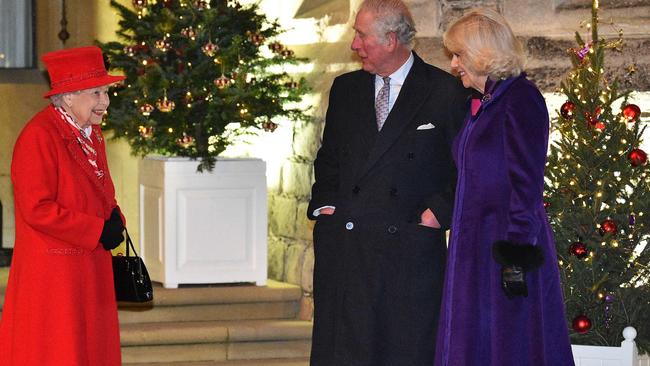
The Queen will still be seen at family events, and on the balcony of traditional highlights in the diary like the Trooping of the Colour and the annual Christmas address. While she is physically able to, she will continue to undertake her constitutional duties such as the state opening of parliament, the appointment of the Prime Minister; and granting assent to Parliamentary legislation.
But the paying and receiving of State visits, once considered a core part of the job, will almost exclusively be borne by Charles and the Duchess of Cornwall and the daily scrutiny of the red boxes of parliamentary business will be conducted by the Queen with Charles’ assistance.
Prince William and the Duchess of Cambridge, who had moved back to Kensington Palace from their cherished Anmer Hall residence in Norfolk in 2017 — giving up rare privacy and a chance to enjoy their young family — will also pick up a large chunk of official ‘’national building’’ duties such as the handing out of awards, the opening of buildings and being part of national celebrations and commemorations.
Prince Harry and Meghan, the Duchess of Sussex, however, will not be sharing royal duties after moving to the US last year.
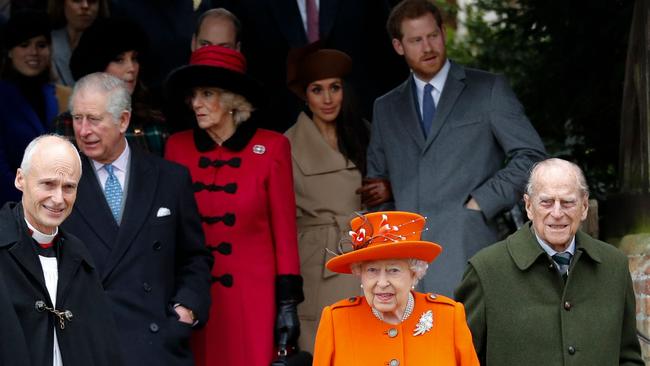
For the extended family of Windsors, there is also great adjustment. Some of the younger royals like Lady Louise, who would practise her carriage driving with Philip, and Zara Tindall whose marriage to Mike Tindall, an England rugby player was endearingly teased by him, will sorely miss their grandfather.
But for others the changes will be much more than an emotional goodbye. Crucially, Prince Philip was the head of the family behind the closed doors and his sharp tongue meant some of the family, especially Charles was on the receiving line of his very direct manner. Now that he has gone Charles will no longer have his chief critic at the Christmas dining table and his status is instantly elevated within the Palace walls.
To the outside world the Queen is still head of state, but as well as deferring even greater responsibility to Charles, he will also now be the head of the Windsor family.
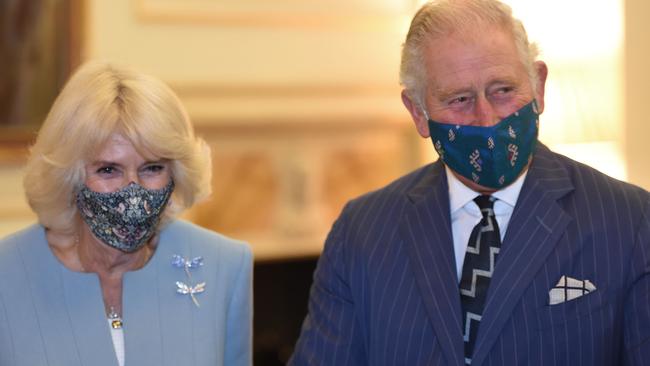
What Charles says and wants will take on an even greater importance than before; if only that the courtiers now realise that it will be a short matter of time before he becomes King.
For some time Charles has wanted to scale back the Royal family to his own core relatives, William and Kate, Harry and Meghan and the grandchildren. While that has got his brother Prince Andrew offside, particularly as Andrew’s daughters Princesses Eugenie and Beatrice have been increasingly sidelined, it has been a popular move with the British public who have lukewarm affection for the three, despite their protestations of being hard workers. It will work in favour of Andrew’s ex-wife Sarah Ferguson, whom Philip detested — refusing to be in the same room as her — who will now be able to get closer access to other members of the Royal Family.
Depending on the Queen’s health over the next little while, we can expect her to publicly support the rise of Charles in a manner meant to endear him more and more to the British public.
While the Queen can increasingly put her feet up, enjoy her sojourns at her favourite castles at Windsor and Balmoral and the midwinter excursions to Sandringham Hall, she can leave the busy activities emanating from Buckingham Palace to the others. She, like Philip before her, has earned it.

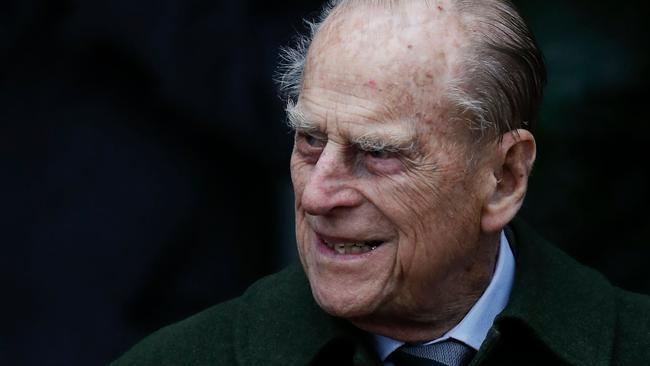

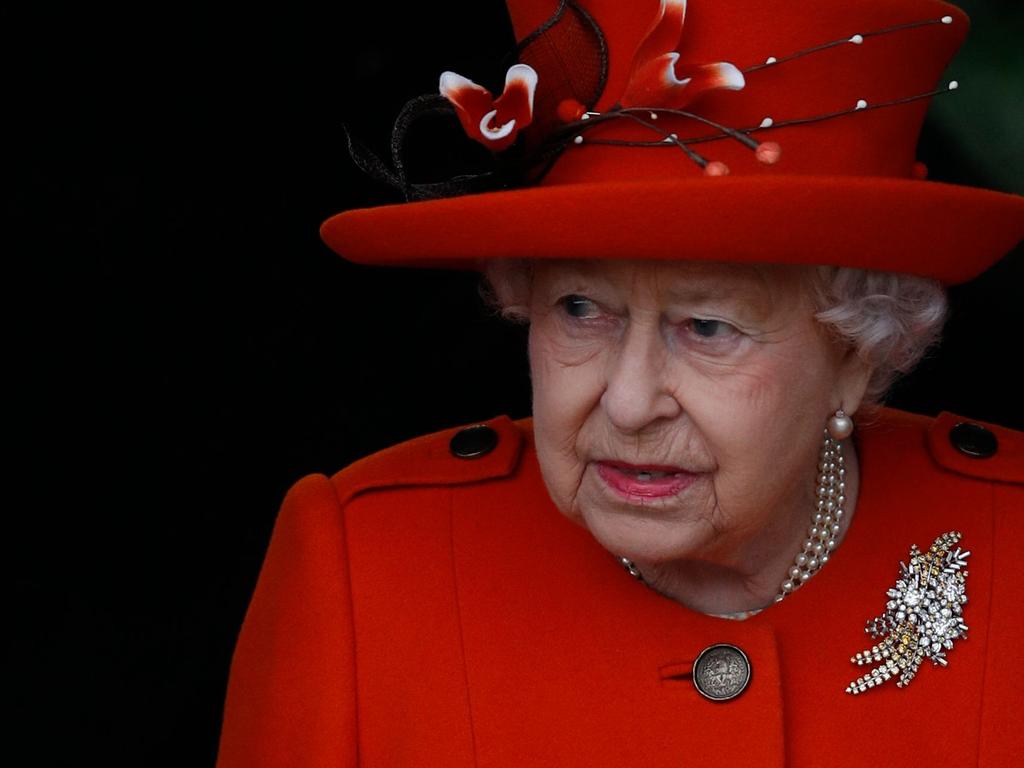

To join the conversation, please log in. Don't have an account? Register
Join the conversation, you are commenting as Logout